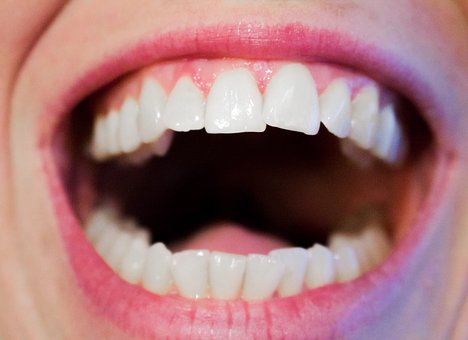Full mouth restoration is a transformative dental procedure designed to rebuild and restore the function, health, and aesthetics of your entire mouth. It often involves a combination of treatments such as crowns, bridges, implants, veneers, root canals, and periodontal care. While the outcome can be life-changing, the recovery process is just as important to understand and prepare for. Here’s what you can expect during recovery from full mouth restoration.
Initial Recovery Phase
Immediately after your procedures, it’s normal to experience some discomfort, swelling, and minor bleeding, especially if extractions or implant surgeries were involved. Your dentist will likely prescribe pain medication or recommend over-the-counter options to manage any discomfort. Ice packs can also help reduce swelling during the first 24-48 hours.
You’ll need to stick to a soft food diet for the first few days to avoid irritating the treated areas. Foods like soups, smoothies, yogurt, and mashed potatoes are safe options during this period.
Oral Hygiene and Care
Maintaining excellent oral hygiene during recovery is critical. Your dentist will provide you with specific instructions on how to brush and floss around new restorations without causing damage. Antibacterial mouthwash may also be prescribed to prevent infection and promote healing.
Avoid smoking or using straws, especially if you’ve had dental implants or extractions, as these habits can disrupt the healing process and lead to complications like dry socket or implant failure.
Follow-Up Visits
Recovery isn’t just about healing—it’s also about monitoring progress. You’ll have a series of follow-up appointments to ensure everything is healing properly and to make adjustments if necessary. These visits are essential to the success of your full mouth restoration and shouldn’t be skipped.
Your dentist will check for signs of proper integration (especially with implants), ensure bite alignment, and make sure your restorations feel comfortable and natural.
Long-Term Healing
While you may feel better within a week or two, complete healing—particularly for implants and more complex restorations—can take several months. The bone and gums need time to fully adapt and integrate with your new dental structures.
Throughout this period, it’s important to stick to your dentist’s recommendations and attend all scheduled checkups. Adopting good oral care habits will help your restorations last longer and support overall oral health.
A New Beginning
Recovering from full mouth restoration requires patience and commitment, but the results are well worth it. You’ll enjoy a healthier, more functional, and aesthetically pleasing smile—one that can significantly improve your quality of life. Trust the process, follow your dentist’s instructions, and soon you’ll be reaping the full benefits of your restored smile.

